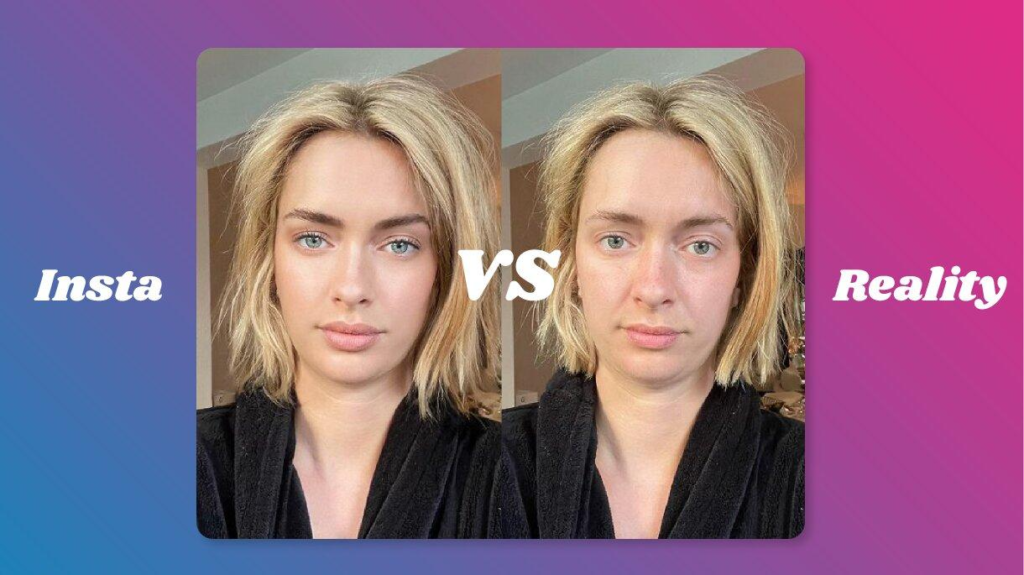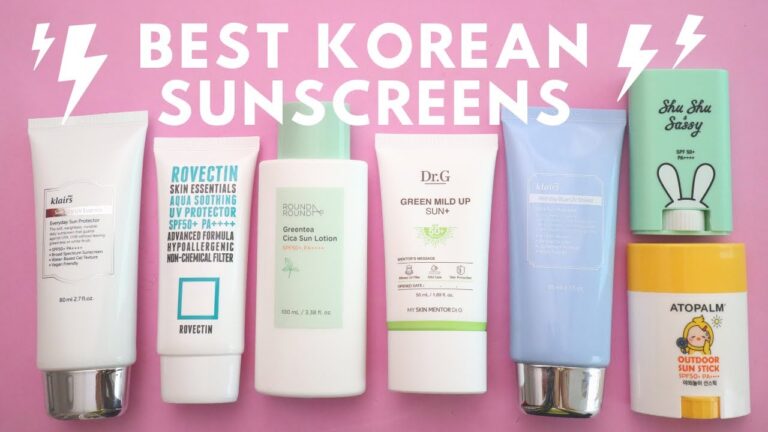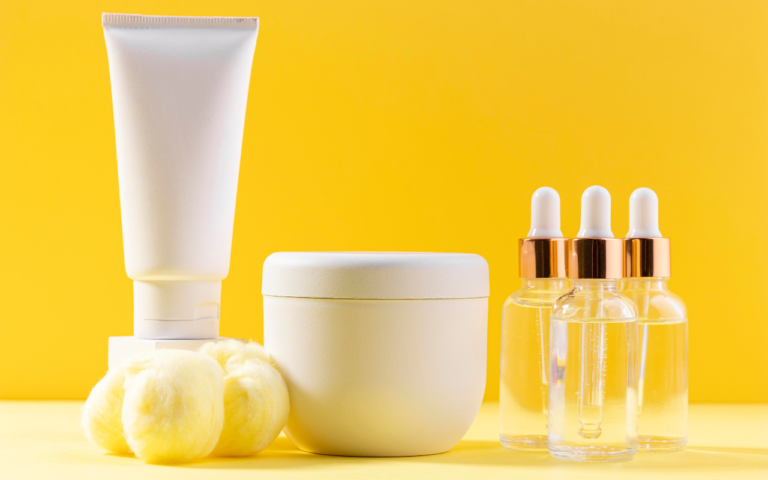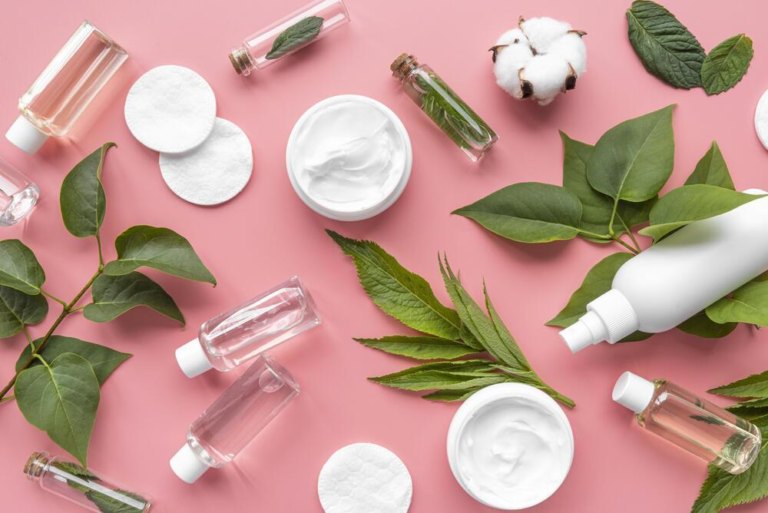
Introduction
In the digital age, beauty standards have undergone a profound transformation, shaped by the pervasive influence of social media and digital editing tools. From flawless selfies to perfectly sculpted features, the pressure to conform to idealized beauty ideals has never been greater. However, behind the polished façade lies a complex interplay of technology, perception, and reality. This article explores the impact of filters, Facetune, and digital manipulation on beauty standards, as well as the implications for self-esteem, body image, and authenticity in the age of social media.
The Rise of Digital Beauty Standards
In the era of Instagram, TikTok, and Snapchat, the quest for perfection has reached unprecedented heights. Filters, augmented reality effects, and editing apps offer users the ability to digitally enhance their appearance with just a few taps of a screen. From smoothing out skin imperfections to altering facial features, these tools create a distorted reality where flawless beauty is the norm. As a result, the gap between online beauty ideals and real-world appearance has never been wider, fueling feelings of inadequacy and insecurity among users.
The Facetune Phenomenon
At the forefront of the digital beauty revolution is Facetune, a popular photo-editing app that allows users to retouch and manipulate their selfies with astonishing precision. With features like smoothing, contouring, and resizing, Facetune offers users the ability to achieve magazine-worthy perfection with ease. However, behind the veneer of flawless beauty lies a darker truth: the relentless pursuit of perfection can lead to a distorted self-image and a sense of disconnect from reality.
The Illusion of Authenticity
In the age of filters and Facetune, authenticity has become a scarce commodity. The pressure to present a curated version of oneself online can lead to a culture of comparison and competition, where users feel compelled to measure up to unattainable beauty standards. As a result, genuine self-expression and vulnerability are often sacrificed in favor of maintaining a flawless façade. This illusion of authenticity perpetuates a cycle of perfectionism, where self-worth is contingent on likes, comments, and validation from others.
The Impact on Mental Health
The proliferation of digital beauty standards has taken a toll on mental health, particularly among young people. Studies have shown a correlation between excessive social media use and negative body image, low self-esteem, and symptoms of depression and anxiety. The constant exposure to idealized beauty ideals can erode self-confidence and perpetuate unrealistic beauty standards, leading to feelings of inadequacy and self-doubt. Moreover, the pressure to maintain a flawless online persona can contribute to feelings of isolation and loneliness, as users struggle to reconcile their digital selves with their real-world identity.
The Quest for Authenticity
Amidst the sea of filtered selfies and Facetuned faces, there is a growing movement towards authenticity and self-acceptance. Influencers and content creators are increasingly embracing imperfection and vulnerability, challenging traditional beauty norms and celebrating diversity and individuality. From body positivity campaigns to unfiltered selfies, these voices offer a refreshing counterpoint to the polished perfection of social media, promoting self-love and acceptance in all its forms.
Conclusion
In the digital age, beauty standards are no longer confined to glossy magazines and airbrushed advertisements. With the rise of filters, Facetune, and digital manipulation, the quest for perfection has infiltrated every aspect of our online lives. However, amidst the pressure to conform to idealized beauty ideals, there is a growing movement towards authenticity and self-acceptance. By challenging traditional beauty norms and embracing imperfection, we can reclaim our sense of self-worth and redefine beauty on our own terms. As we navigate the complexities of the digital age, let us remember that true beauty lies not in perfection, but in authenticity, vulnerability, and self-love.


